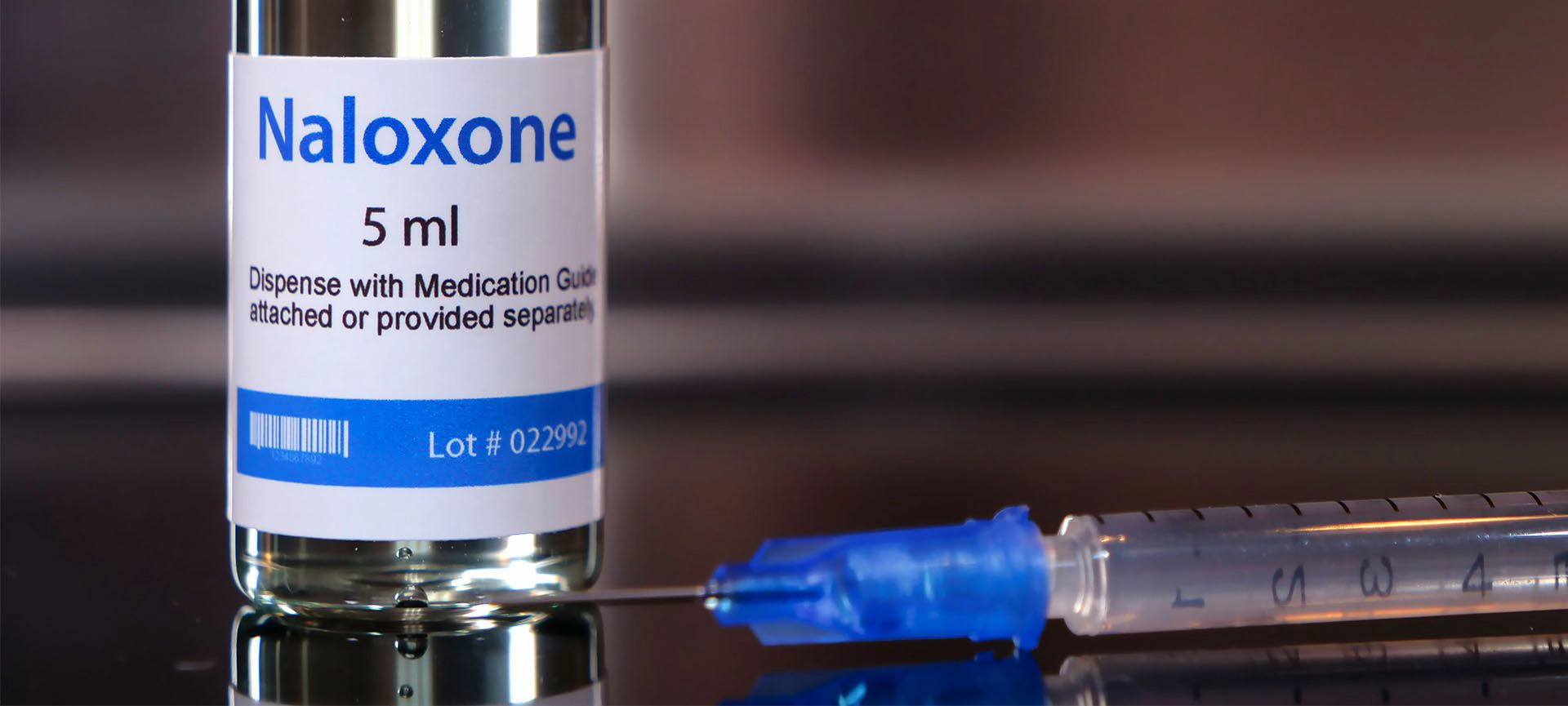What is Detox?
Detoxification (detox) is the process of the body clearing all the alcohol or substance throughout your body, whether it be ingested or through the bloodstream. It is important to be aware of detox because this allows for the safe management of the symptoms which accompany the detoxification process when someone stops taking substances or alcohol to break free from their addiction. If you are addicted and your body has developed a dependency on drugs or alcohol, and you abruptly stop using these substances, your body will go through withdrawal.
Symptoms and Side Effects of Detox Toronto
Withdrawal symptoms will occur when you go through detox and you may experience:
- Sweating
- Tremors
- Hunger or loss of appetite
- Fatigue
- Irritability
- Agitation
- Nausea
- Vomiting
- Confusion
- Seizures
- Insomnia
- Anxiety
- Depression
- Muscle pain
These symptoms occur because, during the process of detoxification, the body is getting rid of all the toxic substances whether it be drugs or alcohol so the body can achieve balance through a mechanism called homeostasis. Homeostasis is the body’s response to regulating and maintaining internal processes when external conditions change. When the body gets rid of the drugs and alcohol from its system the body has to adjust because it grew dependent on these substances. When the body gets rid of the drugs and alcohol, homeostasis balance is returned to normal. When withdrawing from these toxic substances there are provisional disturbances in brain chemistry which can result in significant physiological and psychological health consequences, which is what causes the withdrawal symptoms and reactions.

Duration of Drug Detoxification Toronto, Ontario
With most substances, it can take anywhere from days to months to overcome withdrawal. The duration of medical detoxification depends on different components including:
- The type of substance an individual is addicted to
- How the substance is abused, whether it be snorting, smoking, injecting, or consuming
- The amounts of the substance taken
- How often the substance is taken
- An individual’s medical history
- Underlying medical conditions
- Other prescribed medications taken
- Age and Gender
Detox programs are available to help individuals who are addicted during the undertaking of withdrawal. The length of a detox program will vary depending on the essential medical observation and intervention. Detoxification is considered to be the first stage of the journey to sobriety from addiction.
Is Detox Different for Different Substances? Toronto, Ontario
Depending on the type of substance/drug an individual is addicted to the length of the detox period can differ. This is because each substance stays in the body for different periods of time, which will result in a difference in detox period depending on what it is an individual is addicted to. With most substances the estimated timeline for detox from these drugs is about one week, however, cravings can last for much longer (months afterward).
Some of the different substances have different time approximations for the duration of their detox such as:
Alcohol
For alcohol addiction, within 24 hours to 48 hours, the withdrawal symptoms begin, which may include anxiety, insomnia, and shaking. At 3-5 days’ symptoms should peak at about the 72-hour mark. This is when seizures, fever, and hallucinations have a possibility of occurring. By the end of the first week, the physiological symptoms of withdrawal will diminish. After the first week, an individual’s cravings will persist, though therapy is recommended to help.

Opioids and Heroin
Withdrawal from opioid and heroin abuse will depend on the opioid and how fast-acting it is. Withdrawal from heroin can begin after just a few hours and may result in symptoms such as muscle pain, anxiety, teary eyes, runny nose, sweating, and insomnia. At 3 to 5 days, the peak symptoms may include diarrhea, nausea, vomiting, cramping, blurry vision, and a fleeting heart rate. At the end of the first week, symptoms can dissipate, however, you may still experience problems with your digestive system, loss of appetite, and seizures. After the first week, with a severe addiction to opioids or heroin, you can continue to experience symptoms including insomnia, irritability, cravings, sweating, anxiety, and depression. This can continue for 6 months or beyond.
Stimulants (Meth, Cocaine, etc.)
Withdrawing from stimulants such as cocaine or meth can include initial withdrawal at 24 to 48 hours with symptoms including fatigue, aching, irritability, and a shift in mood. At days 3 to 5 the damage to the brain sustained from the abuse of the drug can result in depressive or psychotic systems. At the end of the first week, you may feel lethargic, have erratic sleeping patterns, intense drug cravings, depression, and lack of focus. After the first week will be the time when the cravings for the drugs are most tireless from the stimulant withdrawal and this can continue for months.
Barbiturates
With addiction to barbiturates, at 24 hours to 48 hours’ anxiety, insomnia, shaking, and circulation problems have a possibility of occurring. At 3-5 days depending on the dosage of abuse of the substance withdrawal symptoms can peak after the first few days. By the end of the first week, some withdrawal symptoms have the potential to be delayed, emerging a week or more after the latest dose. After the first week, different symptoms may be experienced such as rebound insomnia which is the return of an individual’s initial diagnosis where the barbiturates were first introduced but worse. This will need to be attended to by a medical professional.
Benzodiazepines
Withdrawing from addiction to benzodiazepines will begin at 24 to 48 hours with symptoms of irritability, nausea, headache, and muscle pain, these are the early symptoms. At 3-5 days depending on the strength of the dosage regularly taken, peak symptoms will possibly include anxiety, irritability, shaking, restlessness, and heart palpitations. At the end of the first week, rebound insomnia can most likely occur. After the first week, extreme withdrawal can last from 10 to 14 days, some results of this can include weight loss, difficulty focusing, and changes in perception.
Hallucinogens
Withdrawing from addiction to hallucinogens in the first 24 to 48 hours depending on the type of hallucinogen, symptoms can include headaches, drug cravings, and sweating. From day 3 to 5 if withdrawal symptoms were experienced then they should peak and dissipate within the first week of detoxification. At the end of the first week, there will be alterations in the brain’s dopamine centre where it is not experiencing a “reward” and can be consequential and respond with an altered mood until natural levels return to normal. After the first week, PCP is recognized to manufacture drug cravings in individuals.
Marijuana
Withdrawal from the addiction to marijuana in the first 24 to 48 hours can be significantly reduced if you stay hydrated, eat well, and exercise, this can ease the symptoms of withdrawal. At 3-5 days’ withdrawal, symptoms will include a shift in mood, reduced appetite, headaches, insomnia, and stomach issues. After the first week psychological symptoms will set in such as irritability, loss of focus, cravings for the drug, and increased depression have the potential to occur. After the first week, most withdrawal symptoms should subside after the body returns to its normal TCH production.

Is Detoxification Dangerous? Toronto
Withdrawal symptoms of detoxification of the blood can vary from serious symptoms which are not fatal to symptoms that can be fatal. Some of the non-life threatening symptoms which are unpleasant can be vomiting and diarrhea. However, life-threatening symptoms can occur as a result of the rapid dehydration which is caused by withdrawal symptoms. It is highly recommended to be supervised during your (medical) detoxification process for medical purposes as it can be dangerous to experience withdrawal without assistance from a professional.
What Will Happen if Someone who is Addicted to Drugs or Alcohol Quits Cold Turkey?
If an individual quits cold turkey while the body is dependent on drugs or alcohol, withdrawal can be life-threatening. Quitting cold turkey increases the likelihood of experiencing extreme dehydration and seizures, which is why it is seriously advised to have medical supervision through your detoxification process. A professional will be able to help and interfere when medical complications arise.
What to Expect Post-Detoxification Toronto, Ontario
Going through withdrawal and detoxifying your blood from drugs and alcohol is the very beginning of treating your addiction. There is more to come post-detoxification because if there wasn’t there wouldn’t be a high success rate for long-term rehabilitation. There are different layers to tackle when going through drug rehab or alcohol rehab, including the psychological aspect. It is important to understand yourself and your addiction: What are my triggers? Why are these my triggers? What are some tools I can use to cope with these triggers and traumatic events? This all comes after detoxification and can be accomplished with counselling and guidance.

At Addiction Rehab Toronto, we can help you with your addiction, through your detox and walk alongside you to sobriety.
…
Call us today, we are here to help
FOR IMMEDIATE HELP – CALL US 1-855-787-2424
Or email us at: help@addictionrehabtoronto.ca






